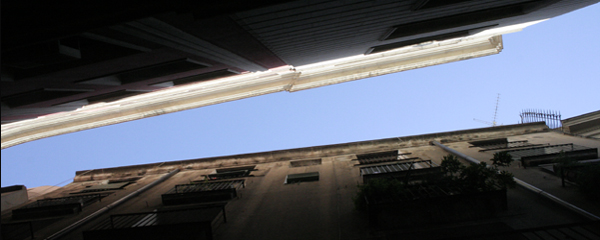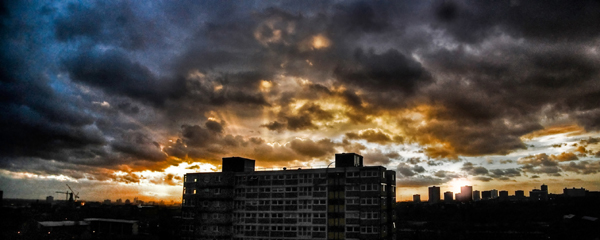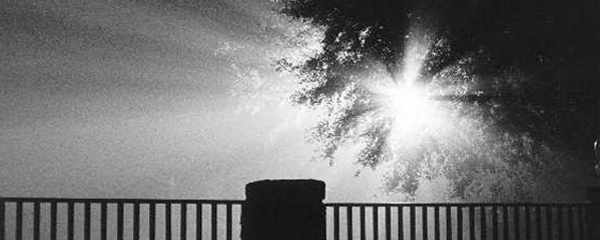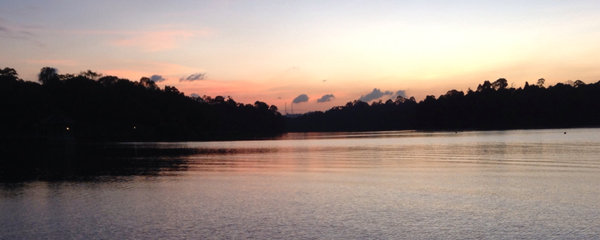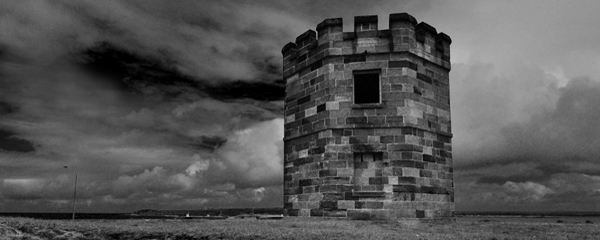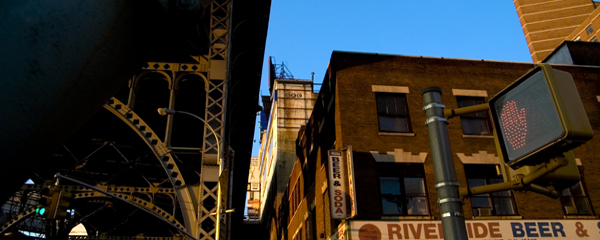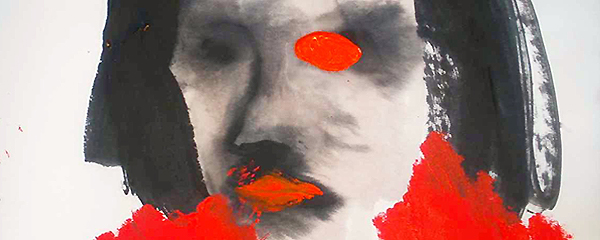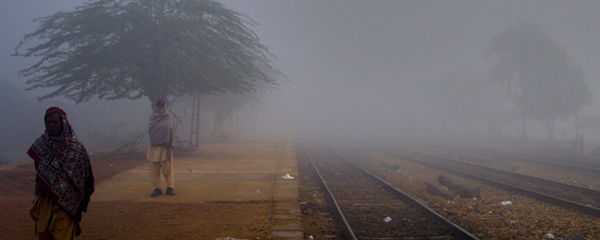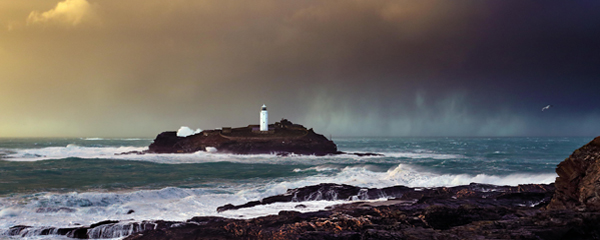KATE KRAKE explores the mammoth influence of J.G. Ballard: ‘We tremble at the draconian control of the Orwellian. We muse over the strange nightmares of the Kafkaesque. Some among us might even risk the dark, unknowable madness of the Lovecraftian. But what of the Ballardian…?’
FRANCES GAPPER discusses the life and stories of Robert Aickman: ‘Aickman thought the ghost story akin to poetry in its compression and intensity, and his work has been described as ‘English Eerie’ and ‘English Kafka’…’
DAVID FRANKEL rediscovers the forgotten short stories of Shelagh Delaney: ‘the vitality of her stories comes from her extraordinary talent for dialogue. She captures the rhythm of rapid conversation between characters – the firing back and forth and its underlying humour…’
ZOË APOSTOLIDES looks at the fearless short stories of Neil Smith: ‘They are biting, barbed and funny. They leave a lingering taste, though I can never decide if it is pleasant or horrifying…’
NICOLA DALY looks at the life and short stories of Janet Frame: ‘Frame engages her audience by peppering the stories with both tragedy and humour and by using real characters and events to which the reader can relate…’
GEOFFREY HEPTONSTALL discusses John Fowles’s often overlooked collection, The Ebony Tower: ‘Fowles’s capacity for narrative invention indicates not only charisma, a secular magic, but also an extraordinary comprehension of the human.’
SUSAN JAMES profiles the life and work of Ann Petry: ‘She wrote about black lives, but her characters weren’t heroes or martyrs. They were flawed. They struggled, and they were often desperate…’
KATE JONES profiles the career of Grace Paley: ‘The stories she left behind tell the tales of the everyday, ordinary people, often women, who live and breathe both on and off the page.’
FARAH AHAMED considers the life and work of Saadat Hassan Manto: ‘His characters are not defined by the way they look, but by what they are doing in the present moment. His descriptions are not sensory observations but rather unsentimentally observed settings for particular events.’
SOPHIE REID reveals the unsettling depths in Daphne du Maurier’s short stories: ‘… they offer complete worlds, ask questions, and leave you wanting more. Many explore themes of what it is to be human, the darkness in our minds, and the darker sides of life.’

